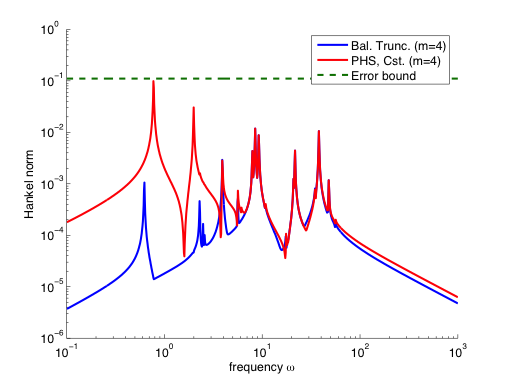Control and filtering of multiscale systems
Description
Model reduction is a major issue for control, optimization and simulation of large-scale systems. Common spatial decomposition methods such as Proper Orthogonal Decomposition or the Principal Component Analysis aim at identifying a subspace of “high-energy” modes onto which the dynamics are projected. These modes, however, may not be relevant for the dynamics. Moreover these methods tacitly assume that all degrees of freedom can be observed or measured.

Funding
The project is funded through the Einstein Center for Mathematics Berlin (ECMarth).
Selected Publications
- C. Hartmann, J. Latorre, G. Pavliotis and W. Zhang (2014), Optimal control of multiscale systems using reduced-order models, J. Computational Dynamics 1, 279-306
- C. Hartmann, A. Zueva and B. Schäfer-Bung (2013), Balanced model reduction of bilinear systems with applications to stochastic control, SIAM J. Control Optim. 51, 2356-2378
- C. Hartmann, V.-M. Vulcanov, Ch. Schütte (2010), Balanced truncation of linear second-order systems: A Hamiltonian approach, Multiscale Model. Simul. 8, No. 4, pp. 1348 – 1367.
